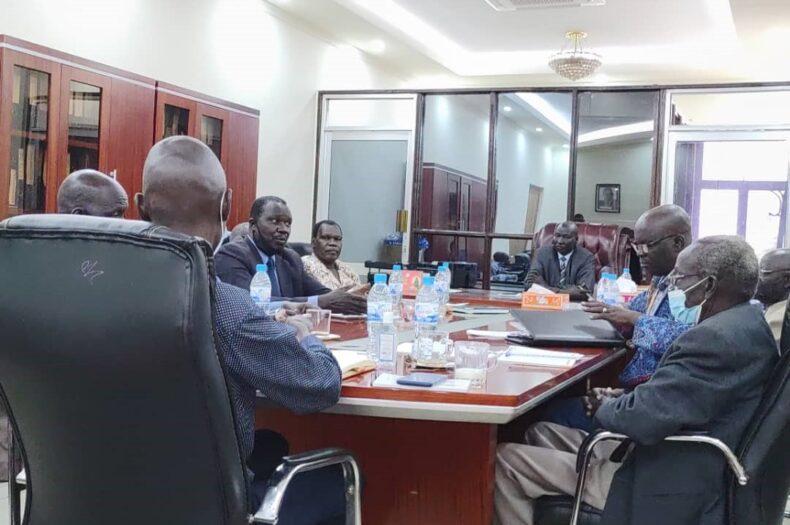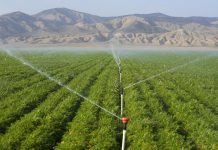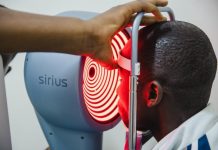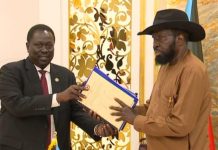Africa-Press – South-Sudan. The SPLM parliamentary caucus has said the role of civil society in a country like South Sudan is critical in assisting the government. John Agany, the Chairperson of the Information Committee in the Reconstituted Transitional National Legislative Assembly (R-TNLA), said civil society is a non-profit organisation whose members are integrally trained as a democratic movement with social standards should be given civic space.
He made the remarks during a meeting between civil society and the SPLM Parliamentary caucus yesterday. The meeting was convened to discuss how best the country’s civil society can coordinate with the members of parliament.
Agany stressed that if people understand their role in this situation, “no human being has the right to obstruct them from operating.” “Our purpose for being in this country is a call from God because none of us chose to be South Sudanese.”
“We got ourselves here, so we have the national right to exist here, and by the fact that we have to exist together, we need to accept ourselves the way we got ourselves in,” Agany stressed.
“There is nobody who can claim to own this country in totality in exclusion of others.” We are all South Sudanese, and we must accept our different capacities where we operate.”
The lawmaker continued, “It will be very unfortunate if the government does not consult with civil society organisations from whom it can obtain qualified employees for its machinery.”
Awel Mawien Atem, the former deputy speaker of the Council of States, praised civil society for advocating for 35 per cent of women’s participation in government decision-making, particularly in the position of speaker of the parliament during the peace negotiations.
He said the media outlets are not adequately covering the parliamentary activities to inform the public about the MPs’ activities. Another lawmaker, Julius Miolinga, advised civil society and the media not to compromise their positions by allowing some individuals, especially government officials, to manipulate them to propagate false information in their interests.
“You should never compromise your rights and maintain your identity as a civil society. Identity should be maintained within the limits of your rights,” he emphasised.
Edmund Yakani, the Executive Director of the Community Empowerment for Progress Organisation (CEPO), praised the parliament’s decision to sit down and engage in dialogue with civil society and the media.
“As a parliament that represents the people, if we have a limited channel of communication, we will be accusing ourselves of what we do not know.
“You will be labelling [us] and we will be labelling you and that is why, for me, I like the culture that we continue interaction so that we do not label ourselves,” he stressed.
“As I am meeting with you the SPLM caucus, I would like to meet the other political parties’ caucuses.” We are a non-partisan player. So we must treat each party equally, and we must speak to them as civil society,” Yakani said.
The activist stressed that the major challenge that South Sudanese have is confronting each other as a means of resolving disputes. He criticised the SPLM in particular for having too many indisciplined members who are only interested in their own interests when with the party.
“I am somebody who believes the biggest problem with SPLM is that SPLM has too many indisciplined members,” Yakani said.
“And now if you say you are the ruling party, you with that mechanical majority, you are confused,” said Yakani.
Yakani said one of South Sudan’s main problems in implementing the agreement is that “we have too many confused politicians without a vision for the nation we want because we do not exchange information.”
Yakani asked for the creation of a civil society and media desk in the parliament to aid journalists and civil society activists to avoid harassment by security officials protecting the gate and the leaders’ bodyguards.
Yakani recommended the assembly be accessible to citizens to air their concerns and for the parliament to be known by the public as the arm of the government.
For More News And Analysis About South-Sudan Follow Africa-Press






